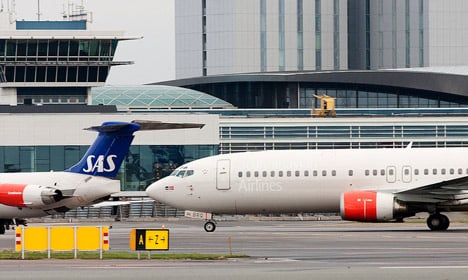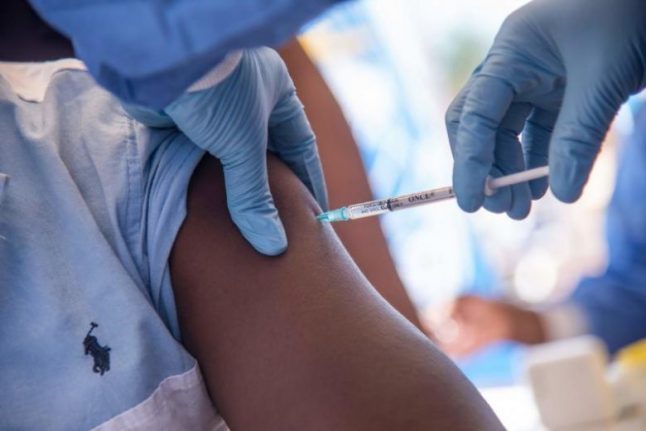EBOLA
Ebola alarm strands flight in Copenhagen
Ebola suspicion left an arriving flight quarantined for over an hour at Copenhagen Airport on Saturday afternoon, Danish and Norwegian media reported.
Published: 22 November 2014 15:15 CET

"It is best to be on the safe side," an airport spokeswoman said. File photo: News Øresund – Johan Wessman/Flickr
An SAS flight arrived at Copenhagen Airport from Paris on Saturday with a passenger whom flight personnel suspecting of possibly suffering from Ebola-like symptoms.
“There was a French woman on board with flu symptoms and because she was in west Africa a month ago, we didn’t take any chances,” Copenhagen Airport spokeswoman Lea Holm told broadcaster DR.
Passengers were not allowed to leave the plane until a health inspector came on board to check on the woman. The inspector quickly ruled out Ebola and the flight was allowed to proceed to its gate.
The ill woman was taken to an area hospital, Holm said.
SAS confirmed the incident to Norwegian newspaper VG.
“It was put in isolation due to the suspicion that a passenger on board was infected with Ebola,” SAS spokeswoman Trine Kronmann-Mikkelsen told VG.
The quarantine lasted under an hour and Holm said that the incident proved that Copenhagen Airport is prepared to handle a potential Ebola threat.
“Today we saw that our emergency procedures work. It is best to be on the safe side in these cases,” Holm told DR.
Url copied to clipboard!


 Please whitelist us to continue reading.
Please whitelist us to continue reading.
Member comments